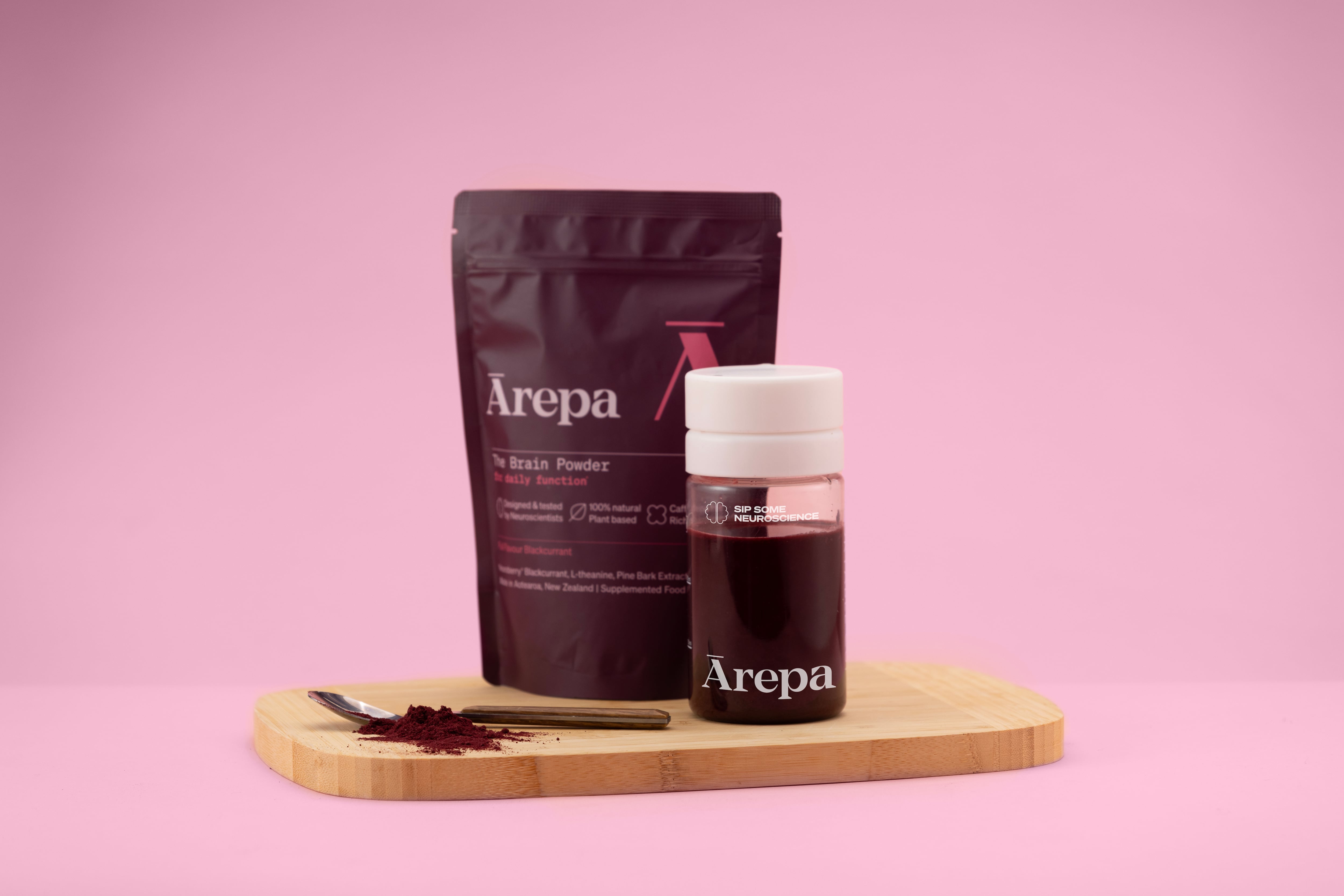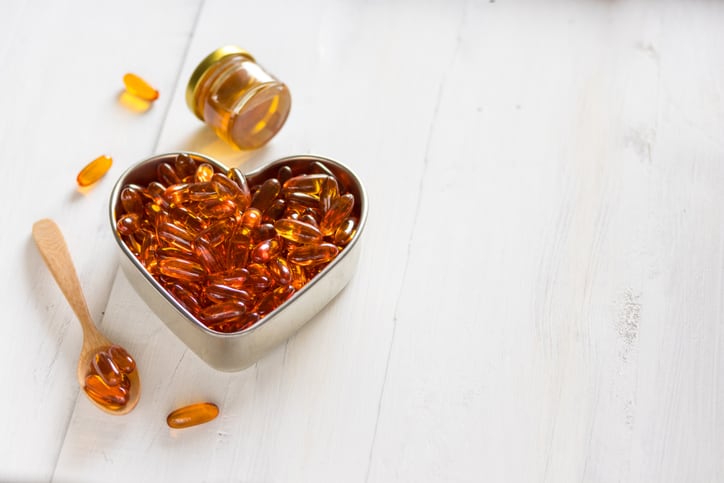The New Zealand company says it is seeking to innovate with the glycoside sarmentosin by developing a “high-molecule” prototype from waste streams.
“We’re currently looking at new processing technologies for our Neuroberry blackcurrant and also working on isolating our molecule from waste streams and the food system. We hope to produce a high-molecule product from either this new food processing technology or the waste stream isolation technology that we’re developing, said A̅repa co-founder Angus Brown.
“We have trials underway with commercial partners in Japan and the US on both fronts. Once we confirm the best approach – likely within the next two to three months – we plan to integrate one of these ingredients into a format where ingredient processors or major food corporations have strong expertise.”
The aim is to introduce this prototype in new formats to reach a wider audience.
Sarmentosin has shown potential in supporting brain health by enhancing mood, motivation, and cognitive function – concerns that are relevant across all age groups.
“The individuals who could benefit most from this ingredient include those who need better utilisation of dopamine, serotonin, and noradrenaline, which are linked to conditions such as anxiety, depression, and cognitive decline.
“However, to be clear, while this research sounds promising, our goal is not to create a therapeutic product.
“Instead, we’re focused on non-therapeutic benefits like enhancing mood, motivation, and overall cognitive health and performance,” said Brown.
Different formats for wider reach
The firm is exploring partnerships with food and beverage companies, as well as B2B ingredients firms, to integrate its prototype into new product formats that could include gummies, bars, and yoghurt.
This is part of the MISTA’s 2025 Growth Hack accelerator programme created by Givaudan, where start-ups such as Ārepa can collaborate with major ingredients firms and food corporations to create nutritious future foods.
“We’re pursuing both B2C and B2B markets. This year, we’re launching our core formula – previously available only as a beverage – in a ready-to-drink powder format in the US. Additionally, we’re looking to collaborate with one or two partners on a B2B level, allowing them to incorporate our formulation into their products under a “powered by Ārepa” model, similar to the Intel Inside marketing campaign.
“We’re evaluating different channels and seeking the best partners – whether for research and advocacy or manufacturing and supply – channels and formats that we don’t consider ourselves to be experts in,” said Brown.
The science
According to Brown, there is growing evidence that certain conditions – including neurodiversity, concussion, ADHD, Parkinson’s, and mild cognitive impairment – are associated with increased MAO enzyme activity.
“As we age, the MAO enzyme in our brain – think of it like a Pac-Man – breaks down neurotransmitters responsible for mood, motivation, and cognition, such as dopamine, serotonin, and noradrenaline.
“This enzyme increases in activity over time, growing three to four times more prevalent in a person’s 70s than in their 40s. This coincides with a sharp rise in cognitive decline,” said Brown.
There are synthetic MAO inhibitors used in pharmaceuticals for depression, anxiety, and cognitive decline conditions like Parkinson’s, but they come with significant side effects, unlike sarmentosin, which appears to work differently.
“Sarmentosin is naturally occurring in food, and we’ve conducted multiple human clinical studies to understand its effects,” said Brown.
“One of our strengths is that we can generate a real-time, noticeable effect from an acute dose of our formula without using caffeine. We’ve backed this up with biomarker data, showing improvements in dopamine, serotonin, and noradrenaline metabolites,” he added.
One study found that taking a sarmentosin formula once a day led to a 33% improvement in working memory and a 20% reduction in tension and anxiety in 38 healthy females compared to a placebo. Women were selected for this study due to their higher risk of mental health disorders linked to microbiota–gut–brain axis dysfunction.
Another study confirmed sarmentosin as the primary bioactive for MAO A and MAO B inhibition in blackcurrants, suggesting that consuming blackcurrant powder and juice may positively affect mood in healthy adults.
In addition to these developments, the firm is exploring new processing technologies to improve its product offerings.
Upcoming plans
Ārepa has seen success in the Asia Pacific region, particularly in South Korea, where a nutritionist influencer promoted its supplement range on the popular live streaming platform, Naver, resulting in the stock selling out in a week.
Encouraged by this response, Ārepa is open to partnerships in Southeast Asia and the wider Asia Pacific region, where New Zealand products are trusted for their safety and quality, said Brown.
There is also growing demand from the Middle East, where Ārepa has shipped products to royal families. Additionally, the company is testing its formulations with elite sports teams, including the All Blacks and NBA player Steven Adams.
Looking ahead, Ārepa is considering expanding its focus beyond cognitive health by exploring combinations with gut-brain health, sports performance, and menopause-related cognitive support. The company is also assessing opportunities in the medical food space for targeted applications.





